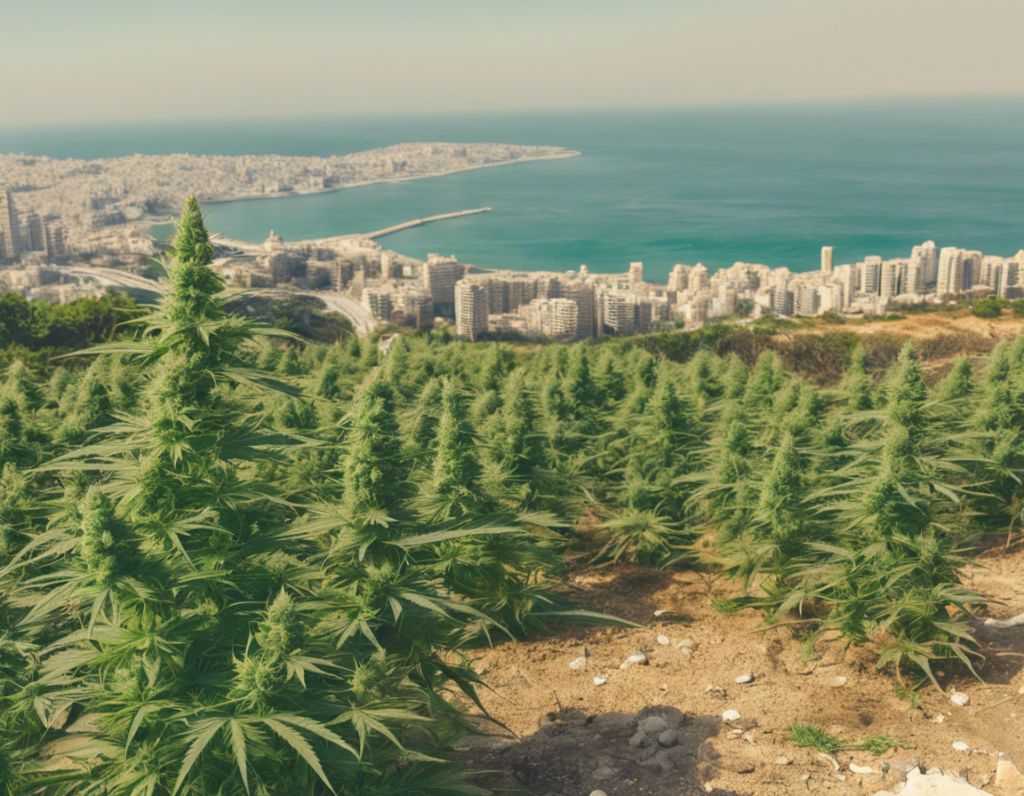Introduction
Lebanon, a small country located in the Middle East, has a long history intertwined with cannabis cultivation. The Beqaa Valley, known for its fertile lands and moderate climate, has been a hub for cannabis production for decades. In recent years, Lebanon has been making strides towards legalizing cannabis, recognizing its economic potential and the need for regulation in the industry. This article delves into the world of East Coast cannabis in Lebanon, exploring its history, current status, challenges, and future prospects.
History of Cannabis in Lebanon
Cannabis cultivation in Lebanon dates back centuries, with the plant being used for various purposes such as textiles, medicine, and religious rituals. In the 20th century, Lebanon became one of the top producers of cannabis resin, commonly known as hashish, which was exported to different parts of the world. The Beqaa Valley, with its ideal growing conditions, became synonymous with Lebanese hashish, gaining international notoriety.
Current Status of Cannabis in Lebanon
While cannabis cultivation has been illegal in Lebanon for many years, the plant has continued to be grown clandestinely in the Beqaa Valley. In recent times, however, there has been a shift in the government’s approach towards cannabis. The Lebanese parliament has been discussing legalizing cannabis for medicinal and industrial purposes, recognizing the potential economic benefits it could bring to the country.
Challenges Facing the Cannabis Industry in Lebanon
Despite the government’s discussions on legalization, the cannabis industry in Lebanon faces several challenges. One of the main hurdles is the presence of illicit growers who have been operating outside the law for years. These growers may resist legalization as they fear losing their livelihoods or facing legal repercussions for their past activities. Additionally, there are concerns about regulation and ensuring that the industry is properly monitored to prevent issues such as diversion to the black market and overproduction.
Opportunities for the Future of Cannabis in Lebanon
Legalizing cannabis in Lebanon could open up a wealth of opportunities for the country. With its long history of cannabis cultivation and the ideal growing conditions in the Beqaa Valley, Lebanon has the potential to become a key player in the East Coast cannabis industry. The production of medical cannabis and CBD products could not only boost the economy but also improve access to alternative forms of medicine for patients in need.
Regulatory Framework and Licensing Process
If cannabis is legalized in Lebanon, it is essential to have a clear regulatory framework in place to govern the industry. This framework should outline licensing requirements, quality control standards, taxation, and security measures. The licensing process should be transparent and accessible to small-scale growers as well as larger companies to promote diversity in the industry.
FAQs
-
Is cannabis currently legal in Lebanon?
Cannabis cultivation is illegal in Lebanon, but there have been discussions about legalizing it for medicinal and industrial purposes. -
What are the main challenges facing the cannabis industry in Lebanon?
Challenges include illicit growers, regulation, diversion to the black market, and overproduction. -
How could legalizing cannabis benefit Lebanon’s economy?
Legalizing cannabis could bring economic benefits through the production of medical cannabis and CBD products. -
What regulatory measures would need to be put in place for a legal cannabis industry in Lebanon?
A regulatory framework would need to cover licensing requirements, quality control standards, taxation, and security measures. -
Who would be eligible for cannabis cultivation licenses in Lebanon?
The licensing process should be open to small-scale growers as well as larger companies to promote diversity in the industry.
Conclusion
As Lebanon moves towards legalizing cannabis, there is a sense of anticipation and uncertainty surrounding the future of the industry in the country. While there are challenges to overcome, such as regulation and resistance from illicit growers, the potential benefits of a legal cannabis industry are hard to ignore. By carefully crafting a regulatory framework and addressing the concerns of all stakeholders, Lebanon could establish itself as a key player in the East Coast cannabis market, harnessing the economic and social benefits that this versatile plant has to offer.
